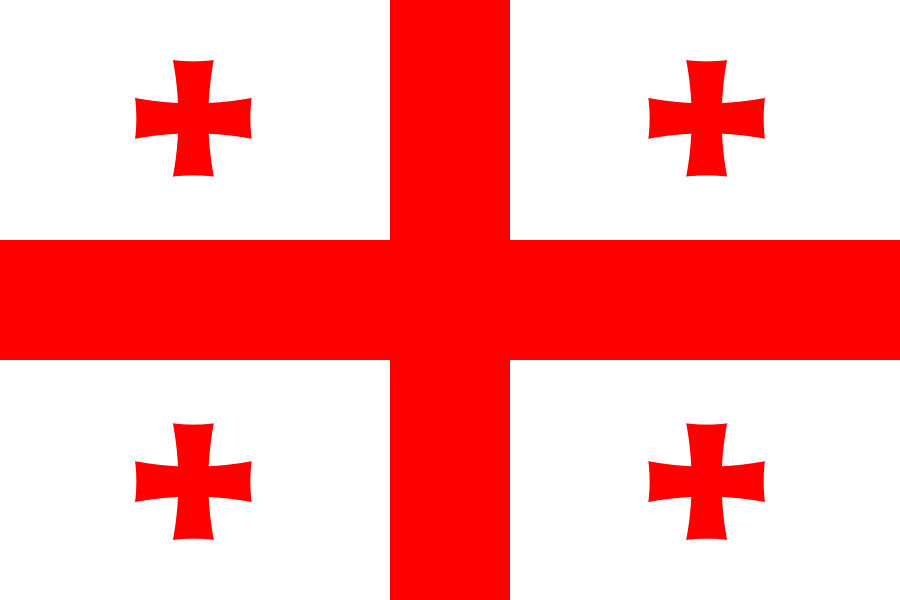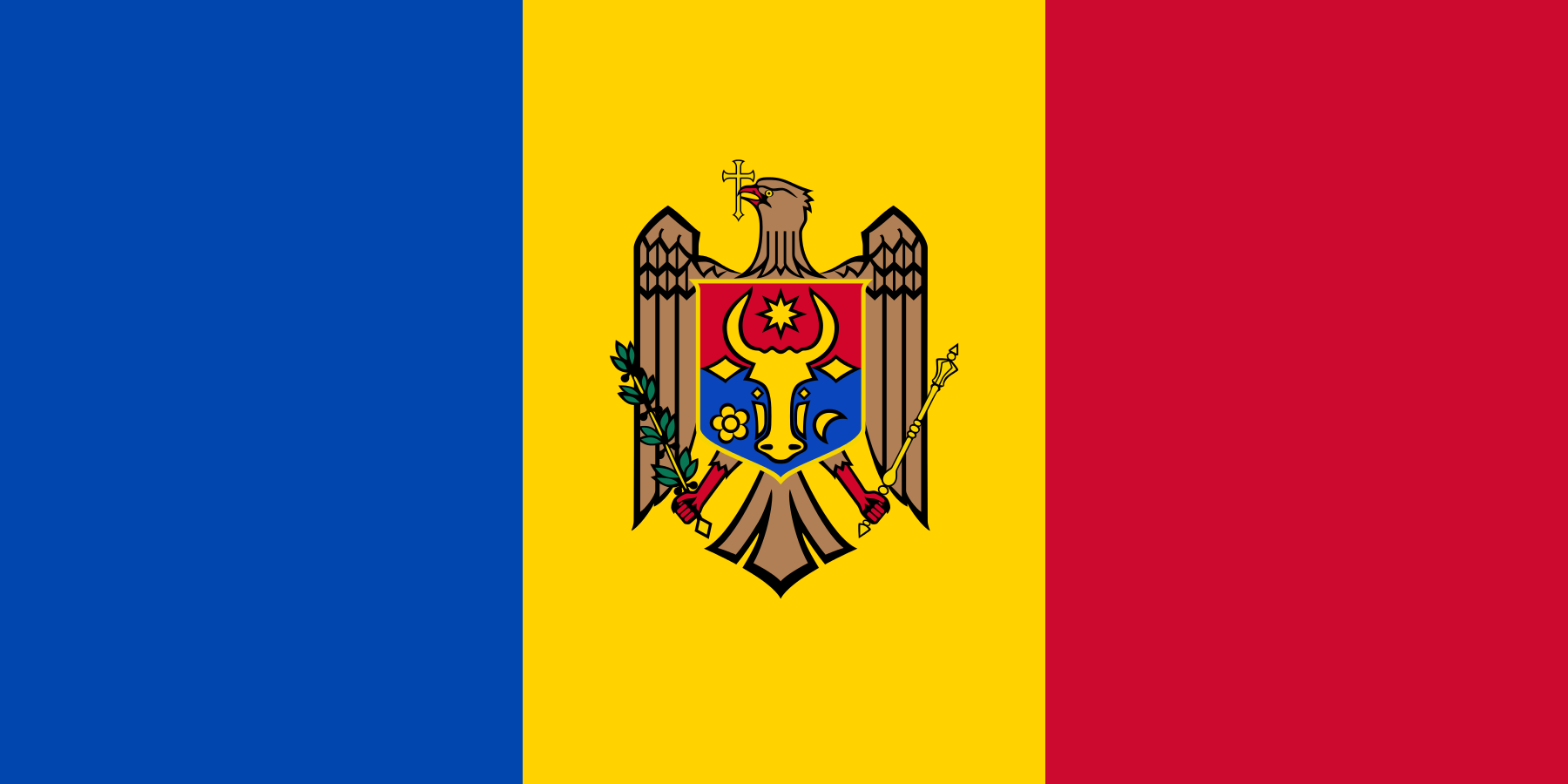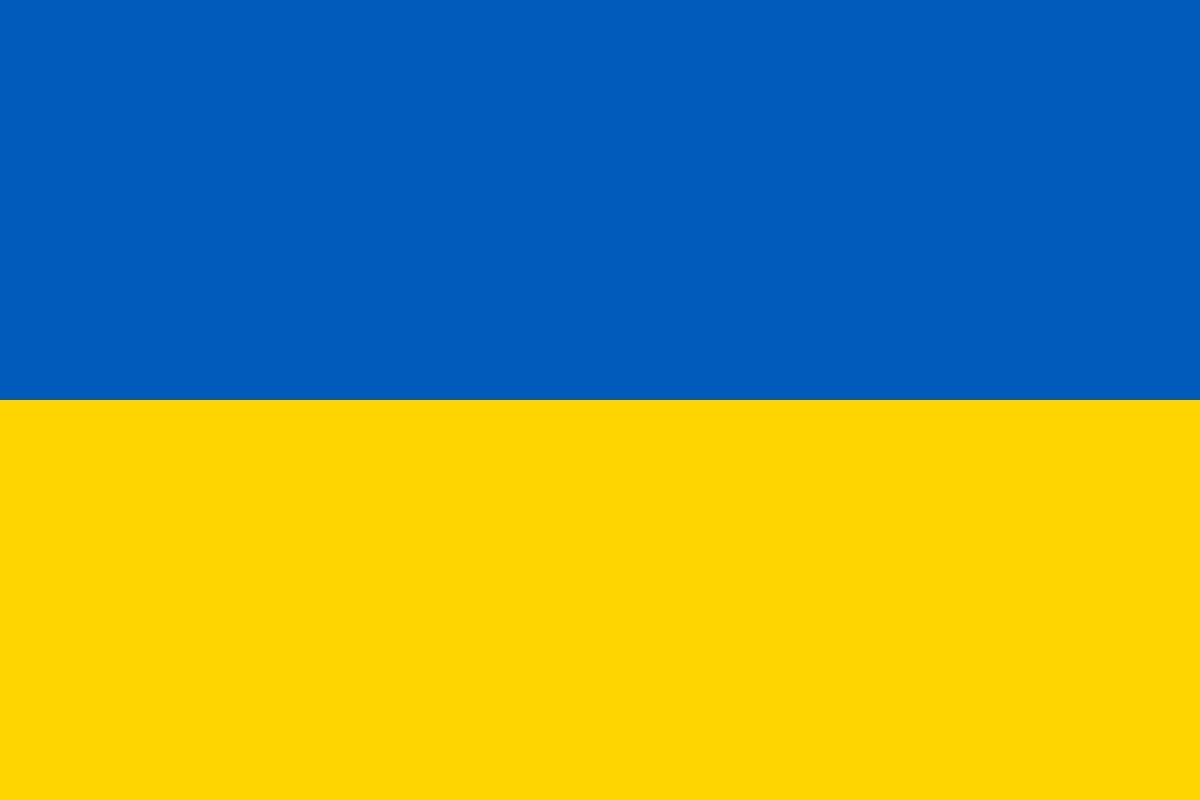EU Supports the Clean Energy Transition in Eastern Partnership Countries
The European Commission and its partners, the Council of European Energy Regulators (CEER), the Energy Community Secretariat (EnCS) and the International Energy Agency (IEA), are working to foster the low carbon and clean energy transition in the six Eastern partnership countries through evidence-based energy policy design.
On July 8, 2021, the European Commission marked the launch of the second phase of its EU4Energy programme – “Promoting the Clean Energy Transition in the Eastern Partnership Countries: EU4Energy Phase II” – which will run until December 2024. The Programme will contribute to the development of sound legislative and regulatory frameworks for energy, to support the region’s transition to clean energy and the liberalisation of the energy market. It will also address new challenges and opportunities, such as the gradual embedding of digitalisation in all energy-relevant market segments while promoting cost efficiency. The citizens of Eastern partner countries will benefit from a more stable and resilient energy market, empowering consumers and increasing energy security and promoting the development of clean energy.
EU4Energy is funded by the European Union with a total budget of €8.5 million. The Programme highlights the importance of collaboration and cooperation between the EU, implementing partners and beneficiary institutions in implementing reforms and bringing concrete benefits to citizens. The Programme will promote the engagement of EaP citizens in its activities and reforms through consultations and roundtables, as well as a series of campaigns to empower and engage citizens directly. A particular focus of the Programme will be on gender equality, emphasising the importance of women’s engagement in the energy sector and their potential to take on leadership roles.
“The Eastern Partnership countries have achieved good progress in the transposition of EU legislation and rapprochement of their energy markets with the EU, taking steps to empower consumers and create an enabling environment for attracting foreign investments. The achievements of EU4Energy thus far underline the Eastern Partnership countries and citizens’ commitment towards European values. It is important to highlight their role – the European Union can assist with its expertise, but it is up to governments and citizens to convert our recommendations into action. We look forward to continuing our work with our Eastern partners to speed up the clean energy transition,” said Dr. Michael Rupp, Team Leader for the European Green Deal and Connectivity in the Eastern Neighbourhood, DG NEAR.
Dr. Annegret Groebel and Mr. Charles Esser from CEER emphasised the importance of regulation of the energy markets and the role of independent regulators in placing the energy sector under a legal framework that benefits consumers. Dr. Janez Kopač from the EnCS stressed that EU4Energy Phase II builds upon the achievements of the first phase. “The Eastern partnership countries made significant progress in terms of creating more competitive and sustainable energy markets during Phase I. We express hope that the momentum will continue in Phase II,” noted Dr Kopac. Ms. Rebecca Gaghen from the IEA spoke about the role of EU4Energy in promoting the low carbon and clean energy transition, and placed emphasis on the key deliverables of the first phase of the Programme. Furthermore, Ms. Gaghen in her presentation highlighted the importance of enhancing energy data capabilities, management and data modelling, as well as increasing access to energy information.
The kick-off conference for EaP country representatives from Armenia, Azerbaijan, Belarus, Georgia, Moldova and Ukraine also served as a platform for presenting their knowhow and experience which they could share with their EaP neighbours and further enhance cooperation in the energy sector within the region.
DISCLAIMER
This publication was produced with the financial support of the European Union. Its contents are the sole responsibility of the Energy Community Secretariat and do not necessarily reflect the views of the European Union.
The EU4Energy Governance Project is co-funded by the European Union and implemented by the Energy Community Secretariat.




